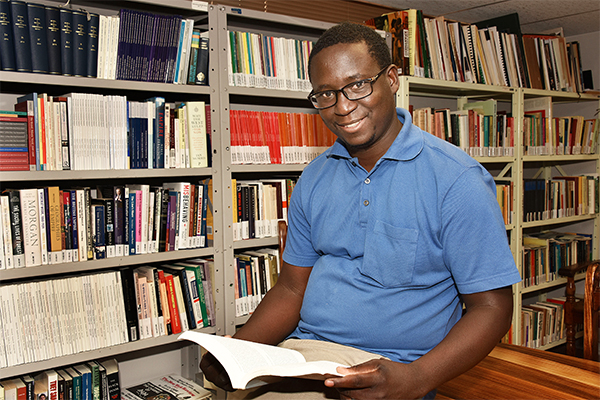Latest News Archive
Please select Category, Year, and then Month to display items
18 May 2023
|
Story KEKELETSO TAKANG
|
Photo PEXELS

The initiative is not only aimed at getting potential (nascent) entrepreneurs (students, lecturers, stream of external entrepreneurs) actively involved in entrepreneurship, but also to keep them engaged and take them through a value chain to enable them to establish and run a sustainable business. The Business Management Start-Up Initiative will equip students with practical experience, along with the theoretical knowledge that they will accumulate, thus delivering resilient, capable, proudly Kovsie students to industry.
Students will fundamentally understand how business works, improving their employability when they enter a business as employees, and providing them with the skills to become self-employed.
Students can look forward to several interactive sessions with knowledgeable presenters, who will guide them through a well-structured process to continuously evaluate their business ideas against the knowledge gained. Moreover, the active involvement of mentors implies that students will have access to expert sounding boards for advice and motivation. Lastly, due to the partnerships with external stakeholders, students will be exposed to ‘real-life’ industry situations, exposing them to a wealth of industry-specific knowledge.
And just in case that is not enough to get you excited, let the possibility of funding for your new venture be the last drop of motivation you need to fill your tank for action!
Come join the Business Management team every Wednesday between 13:00 and 14:00 in the Flippie Groenewoud Gebou (FGG) 378 to be part of this exciting opportunity!
For more information on the initiative and the topics, click here.
Land a fertile field for historians
2017-12-25

Dr Admire Mseba, historian and researcher in the International Studies Group (ISG).
Photo: Charl Devenish
The use of land and the economics of Southern Africa at present is a contentious subject at almost every level of society. A historian and researcher who revels in happenings in these two areas, is Dr Admire Mseba, a postdoctoral research fellow in the International Studies Group (ISG) at the UFS.
Dr Mseba grew up in the Mberengwa region in southern Zimbabwe, known for cattle farming and mineral mining. While at the University of Zimbabwe, he became interested in economic history and archaeology, and completed his PhD at the University of Iowa in the USA. During his time there, Dr Mseba also became passionate about environmental history.
A historian's ability to think and engage critically on diverse subjects drew Dr Mseba to his field. Currently, he is busy with three research projects. Firstly, he is working on a book on social relations, about access to land in Zimbabwe. He is also examining regional and national efforts to control migratory pests during the 20th century, in particular, the red locust. In collaboration with a colleague at the ISG, Dr Mseba is also researching monetary systems in central Africa, covering the present-day countries of Zimbabwe, Malawi, and Zambia.
Dr Mseba believes future research opportunities in the domains of economic and environmental history abound. For one, the land question has been very topical in Zimbabwe for more than a decade—as it is now in South Africa—and needs more scrutiny. Regarding agrarian pestilences, he indicates the recent phenomenon of armyworm invasion. “There are so many opportunities for historians to investigate. There are so many ways to think about these things and trying to put it in perspective.”